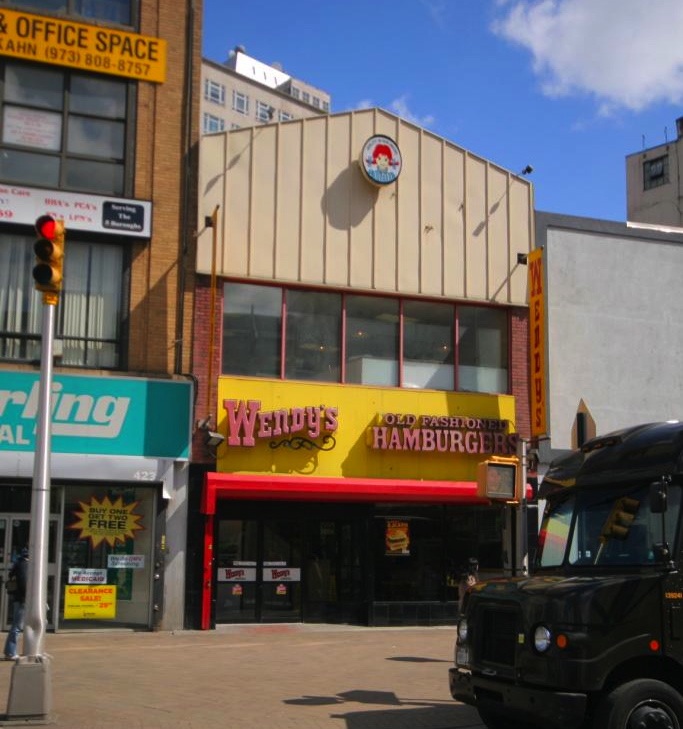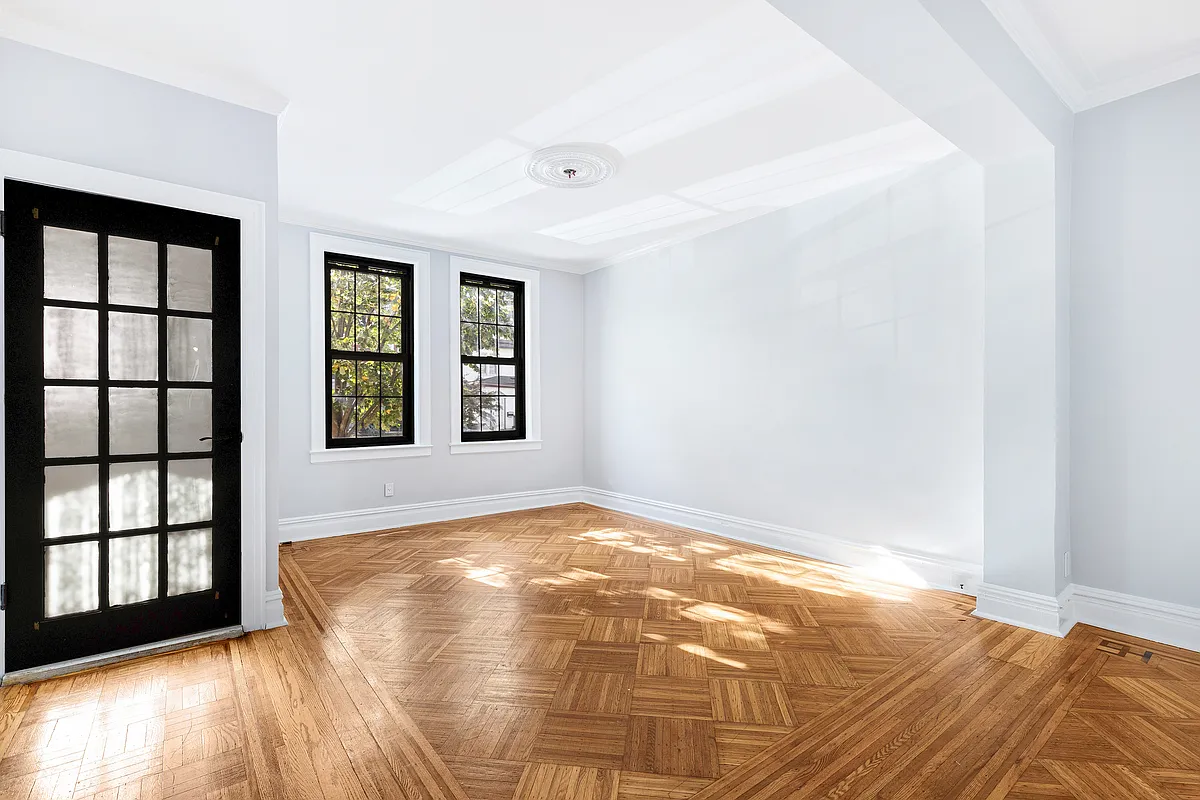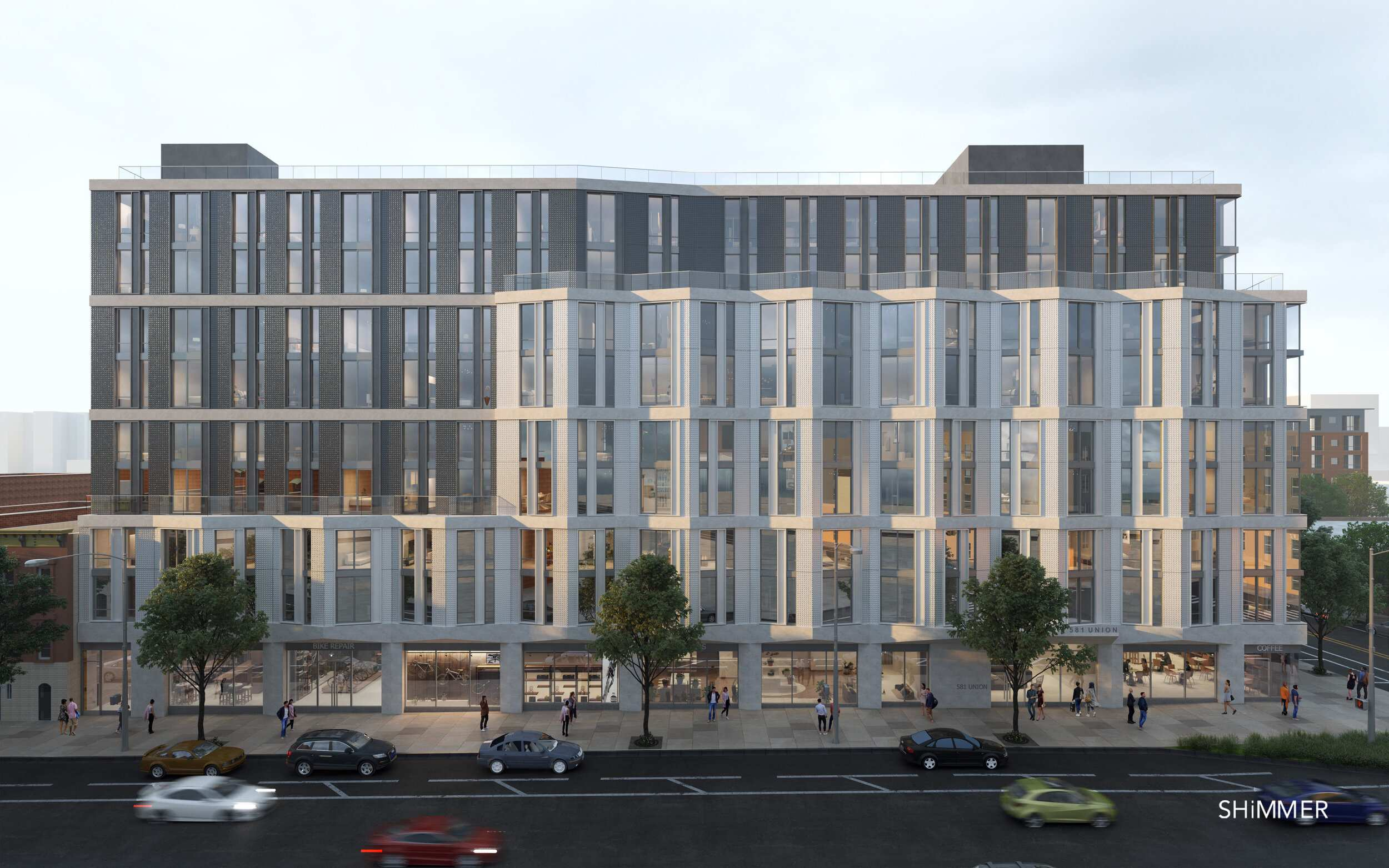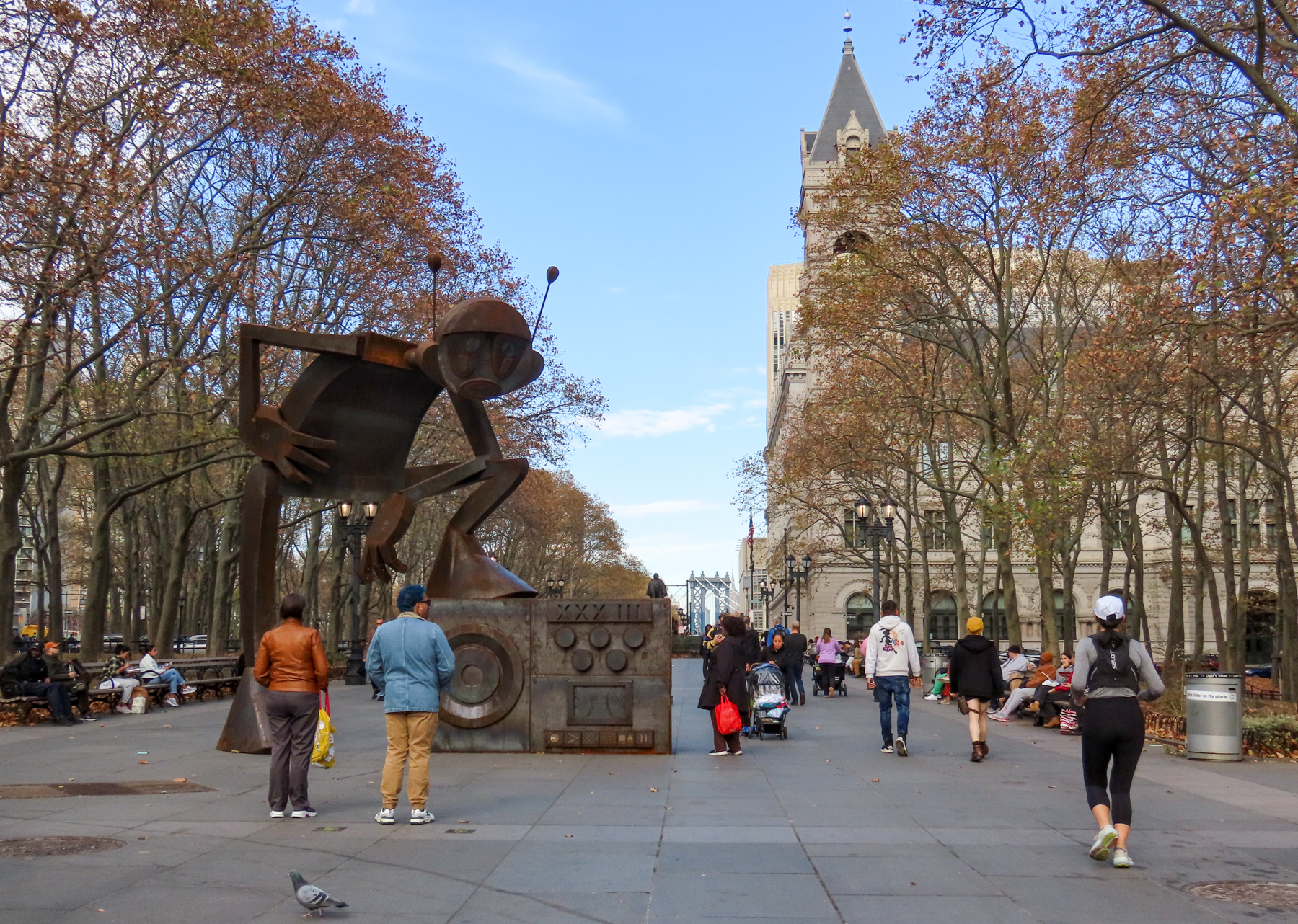New York City May Soon Fill Its Medical Marijuana Prescriptions in Downtown Brooklyn
Downtown Brooklyn may soon become known as the place where New Yorkers fill their prescriptions for medical marijuana, if a dispensary opens on the Fulton Mall as planned. Long Island-based medical marijuana company PalliaTech announced Thursday it had leased a second-floor space for the purpose at 425 Fulton Street, between Jay and Pearl streets, the site of…

Downtown Brooklyn may soon become known as the place where New Yorkers fill their prescriptions for medical marijuana, if a dispensary opens on the Fulton Mall as planned. Long Island-based medical marijuana company PalliaTech announced Thursday it had leased a second-floor space for the purpose at 425 Fulton Street, between Jay and Pearl streets, the site of a former Wendy’s, Crain’s reported. The firm has applied to be one of five licensed in the state to sell the tightly controlled drug.
Each company can have only four outlets. PalliaTech has chosen Utica, Newburgh and Rochester as its other locations. A production facility would be located upstate, in Plattsburgh, Crain’s said.
We asked our resident medical marijuana expert to explain what this means for Brooklyn. Jim Rendon is a longtime Brownstoner commenter and a freelance Brownstoner contributing editor and writer. He is the author of “Super-Charged: How Outlaws, Hippies, and Scientists Reinvented Marijuana,” published in 2012 by Timber Press.
Brownstoner: Why do you think PalliaTech chose Brooklyn?
Jim Rendon: Certainly Brooklyn has a large population and good transit, however much of the city’s medical infrastructure is in Manhattan.
BS: What effect do you think this medical marijuana store will have on Brooklyn?
JR: Probably not a ton, but it will get a lot of attention because it’s marijuana. New York is not like California where if you stub your toe you can get a doctor’s recommendation for marijuana. What’s happening in New York is very small scale. If you’re a pot smoker you’re not going to get a card. There are a very narrow group of illnesses that qualify, such as cancer, HIV and Parkinson’s. There won’t be a lot of traffic.
BS: Crowds of people won’t be making a beeline to this second floor office?
JR: Even in California where it’s more freewheeling you wouldn’t know the dispensaries are there necessarily. The only difference is there tends be a big security guard and cameras to make sure no one is smoking weed out front or getting robbed in the parking lot because dispensaries are forced to run all cash businesses because banks won’t allow them to open accounts.
BS: Why won’t banks work with medical marijuana companies?
JR: Because they’re handling a substance that’s illegal federally, banks won’t let them use credit cards, debit cards, or set up checking accounts. They have to pay all bills in cash. In Colorado dispensaries are paying are paying millions in taxes in cash. Despite some efforts to address the issue, banking remains a huge problem for these businesses.
Even though it’s an all-cash business, crime hasn’t been a problem because they have so much security. Harborside Heath Center in Oakland is one of largest in the state and is very professionally run. They have surveillance cameras and several security guards and a huge vault to store their marijuana and all of the cash they are stuck handling.
BS: In California, has medical marijuana put regular pot dealers out of business?
JR: Yes and no. I think you can always buy a lousy dime bag on the street. The explosion in growing in the state has driven down the wholesale price of marijuana in both the medical and illegal markets. In 2011, when I was reporting the book, the price had dropped in half, from about $5,000 a pound to about $2,500 a pound. The growers got clobbered and many were getting out of the business.
In Brooklyn, I don’t think it will change much about marijuana on the street because of the way the law is designed. Only a small subset of patients will have access (far too few, according to the advocates) and patients will only be able to purchase extracts, tinctures and oil that can be taken orally or vaporized. None of these dispensaries will sell any plant material.
BS: Why is New York allowing sales at all?
JR: Advocates have been lobbying the New York State legislature for many years. Governor Cuomo had been against it, but he changed his approach in early 2014. This law is less restrictive than his original proposal but advocates like the Drug Policy Alliance still say that it is far too restrictive towards both the kinds of patients who can get access to the plant and to dispensaries who will have to produce, refine and sell it.
BS: If the law were looser, could it bring down crime in Brooklyn?
JR: There is certainly violence around the marijuana trade. If you had legal medical marijuana as in other states, it would change the drug culture in Brooklyn but I don’t know how that might affect drug-related violence.
BS: Could this become Brooklyn’s next big business?
JR: I would expect that a lot of out-of-state medical marijuana companies will be vying to do business in New York.
Photo by PropertyShark









What's Your Take? Leave a Comment